What is the RPwD Act, 2016?
The Rights of Persons with Disabilities (RPwD) Act, 2016, enacted by the Government of India, is a landmark legislation that upholds the rights, dignity, and equality of persons with disabilities. It replaced the earlier Persons with Disabilities Act, 1995, aligning India’s legal framework with the United Nations Convention on the Rights of Persons with Disabilities (UNCRPD).
The Act expands the recognized categories of disabilities from 7 to 21 types, covering physical, intellectual, mental, and multiple disabilities. It emphasizes accessibility, non-discrimination, education, employment, and participation in public life for all citizens, ensuring equal opportunities and protection under the law.
The RPwD Act serves as the foundation for accessibility mandates across India — including ICT accessibility standards like IS-17802, public infrastructure requirements, and government digital transformation policies under Accessible India (Sugamya Bharat Abhiyan).

What Does the RPwD Act Cover?
What Does the RPwD Act Cover?
-

Equality and Non-Discrimination
- Mandates equal rights and protection against discrimination based on disability.
- Requires reasonable accommodation in education, employment, and services.
-

Accessibility (Section 40–46)
- Requires government and private entities to ensure physical and digital accessibility in buildings, transportation, information, and communication technologies.
- Mandates accessibility standards notification by the Central Government, leading to frameworks like IS-17802 for ICT.
-
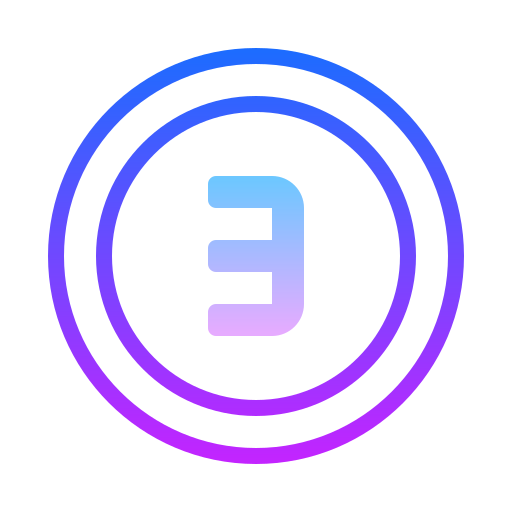
Education and Employment
- Guarantees inclusive education at all levels.
- Mandates 4% reservation in government jobs and 5% in higher education institutions for persons with benchmark disabilities.
-

Rights and Entitlements
- Provides for social security, healthcare, and rehabilitation programs.
- Ensures participation and representation in political and public life.
-

Institutional Mechanisms
- Establishes Central and State Advisory Boards on Disability.
- Appoints Chief Commissioner and State Commissioners for Persons with Disabilities to monitor implementation and address grievances.
Who Needs to Comply with the RPwD Act, 2016?
Who Needs to Comply with the RPwD Act, 2016?
Compliance with the RPwD Act is mandatory for both public and private sector organizations operating in India. Entities covered include:

Government ministries, departments, and agencies

Educational institutions

Private enterprises
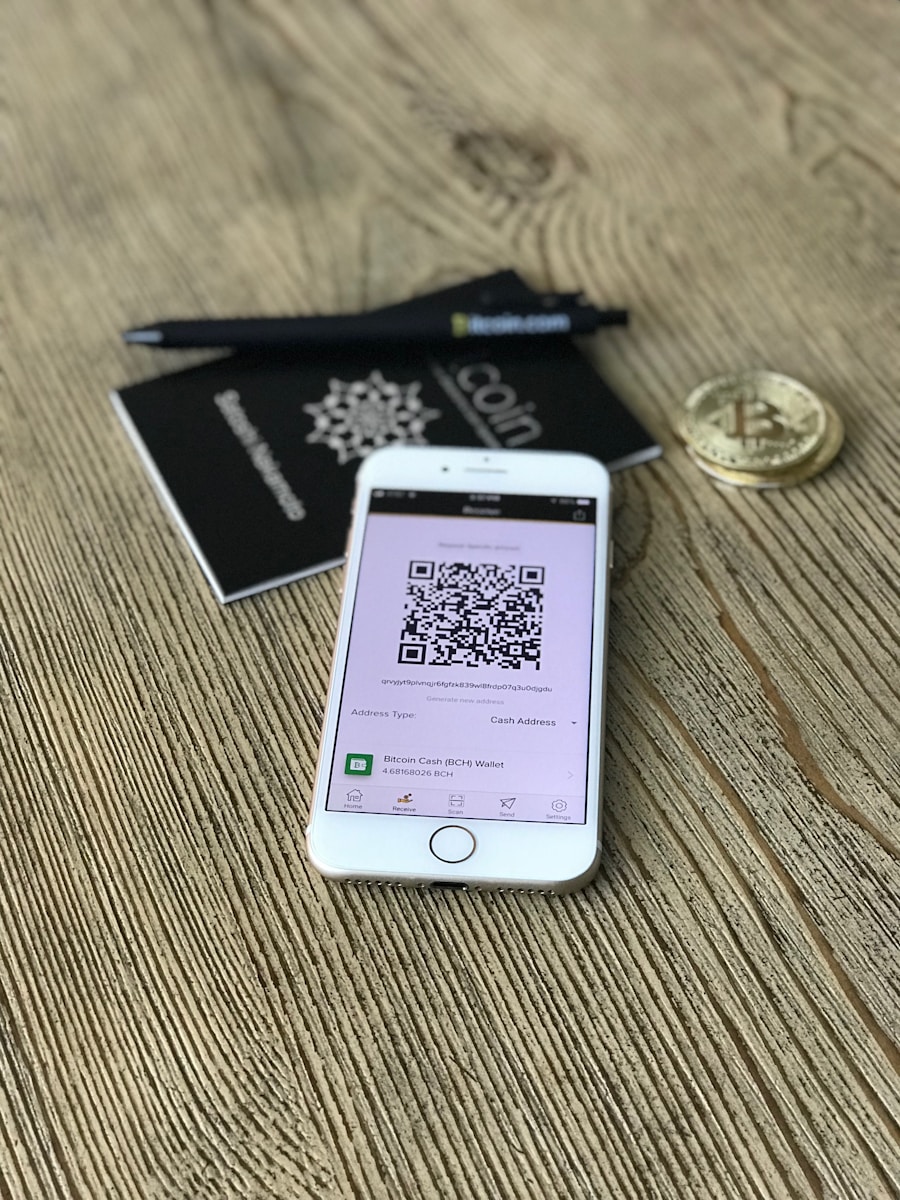
Healthcare, banking, and telecom organizations

Employers and HR departments
Failure to comply can result in penalties, reputational damage, and legal proceedings under Sections 89–93 of the Act.
Why RPwD Act Compliance Matters
Why RPwD Act Compliance Matters
-

Legal Accountability
Organizations must align with the RPwD Act to meet statutory obligations, prevent lawsuits, and maintain compliance with India’s national accessibility framework. -

Social Inclusion
By embracing accessibility, organizations create equitable environments where every individual — regardless of ability — can participate fully and independently. -

Alignment with Global Standards
Compliance with the RPwD Act ensures alignment with UNCRPD, WCAG, and ISO accessibility frameworks, positioning India as a global leader in inclusion. -

Enhanced Public Trust and Reach
Accessible infrastructure and digital services improve user satisfaction, engagement, and brand reputation, opening doors to wider audiences.
Achieve RPwD Act Compliance with Accessibility Experts
At Accessible Minds, we help organizations understand, implement, and sustain compliance with the RPwD Act, 2016 through strategic accessibility initiatives.
Our services include:
- Accessibility Audits for physical and digital infrastructure.
- Digital Accessibility Consulting aligned with IS-17802, WCAG, and ADA guidelines.
- Training and Awareness Programs for teams and leadership.
- Assistive Technology Testing and user validation.
Policy Development and compliance documentation support.
We partner with government agencies, corporates, educational institutions, and NGOs to advance accessibility and inclusion nationwide.
Contact Us to Begin Your RPwD Compliance Journey


What is IS-17802?
IS-17802, introduced by the Bureau of Indian Standards (BIS) in 2023, is India’s first comprehensive ICT (Information and Communication Technology) Accessibility Standard. It defines the accessibility requirements for websites, mobile applications, software, hardware, and digital interfaces to ensure that all citizens — including persons with disabilities — have equal access to digital and electronic services.
IS-17802 aligns closely with international frameworks such as WCAG (Web Content Accessibility Guidelines) and ISO/IEC 40500:2012, while incorporating India-specific accessibility needs and linguistic diversity. The standard promotes inclusive design practices across public and private digital systems, supporting the government’s Accessible India (Sugamya Bharat Abhiyan) initiative.
What Does IS-17802 Cover?
What Does IS-17802 Cover?
-
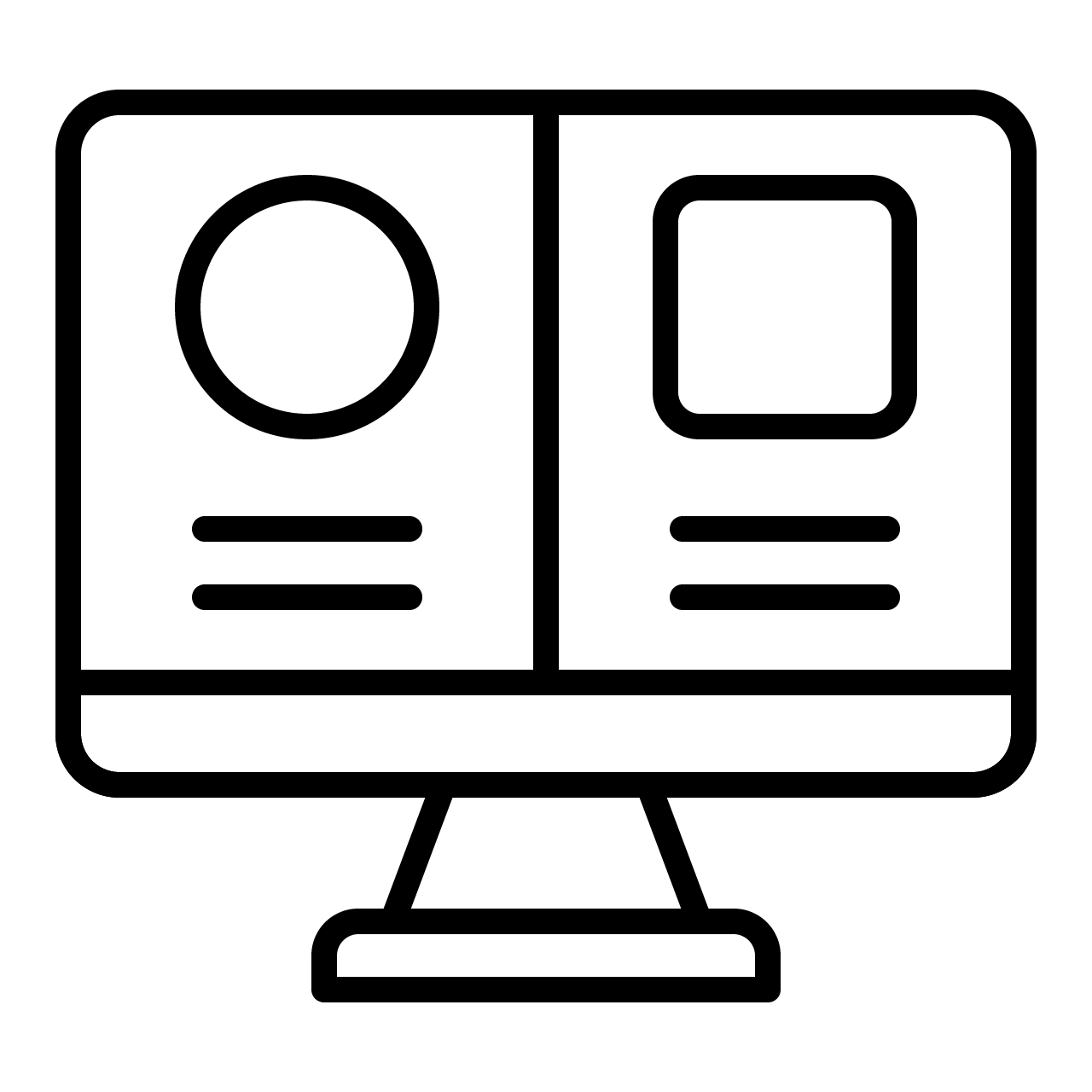
Web Accessibility
Adherence to WCAG 2.1 Level AA for websites and web applications.
-
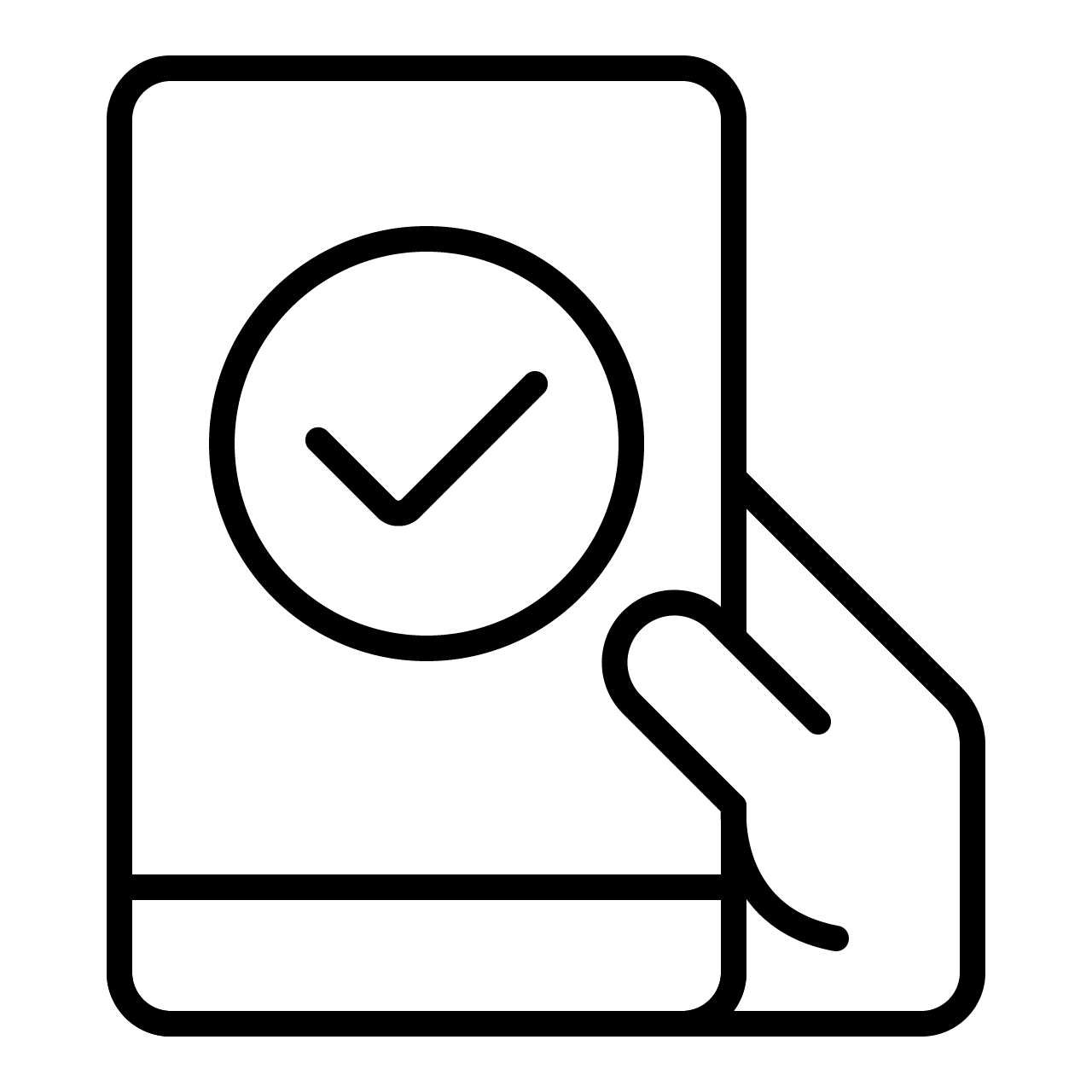
Mobile Accessibility
Guidelines for Android and iOS applications to support screen readers, captions, and accessible gestures.
-
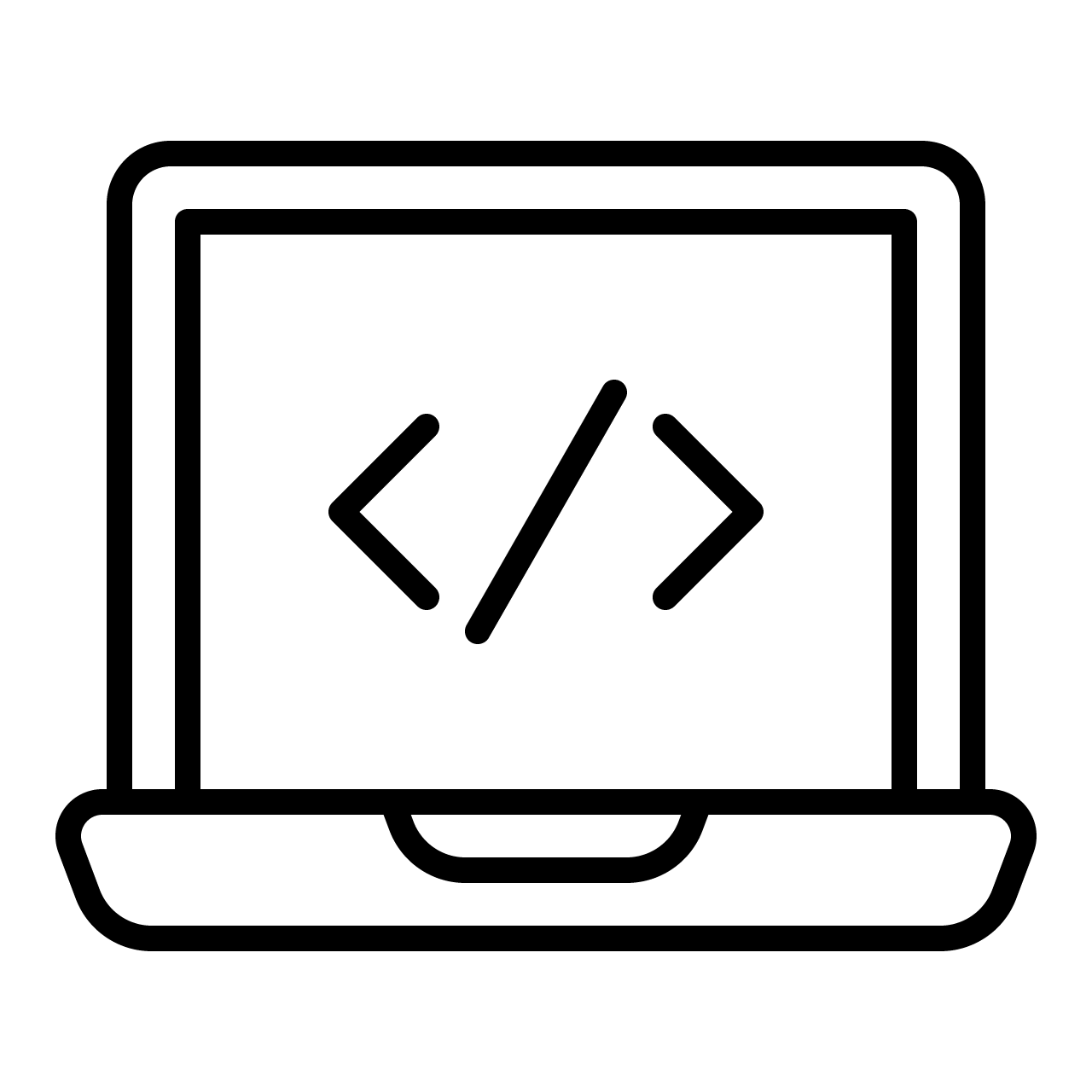
Software and Operating Systems
Requirements for keyboard operability, focus management, and assistive technology compatibility.
-

Hardware Accessibility
Standards for kiosks, ATMs, and other digital interfaces with tactile, auditory, or visual feedback.
-
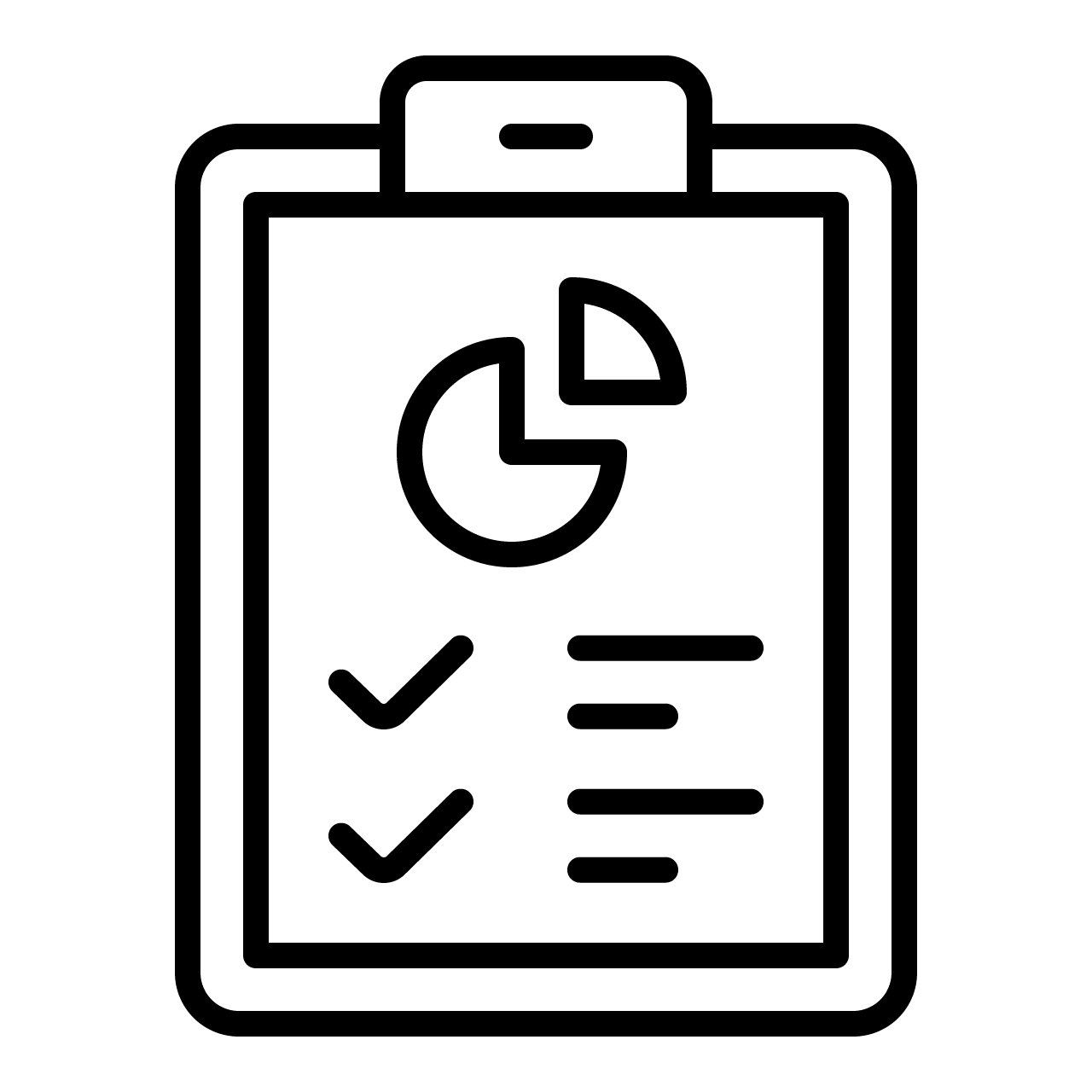
Electronic Documents and Communication
Ensuring PDFs, forms, and digital content are perceivable, operable, and understandable.
IS-17802 mandates that all ICT products and services developed or deployed in India must be accessible by design, promoting usability and inclusion from the earliest stages of development.
Who Needs to Comply with IS-17802?
Who Needs to Comply with IS-17802?
Compliance with IS-17802 is expected for both public and private sector organizations engaged in developing, hosting, or maintaining digital systems in India. This includes:
- Government departments and agencies offering e-governance and citizen-facing portals.
- Educational institutions delivering online learning platforms and content.
- Banking and financial organizations providing digital transactions and customer interfaces.
- Healthcare and telecom sectors managing patient portals and service applications.
- Private enterprises with digital products, apps, or websites targeting Indian users.
By adopting IS-17802, organizations demonstrate their commitment to universal design principles and inclusive digital access for all users.
Why is IS-17802 Compliance Essential?
Legal and Regulatory Compliance
As India strengthens its digital accessibility framework, IS-17802 provides a formal benchmark for organizations to align with the Rights of Persons with Disabilities (RPwD) Act, 2016 and future government mandates.
Inclusive Digital Experience
Compliance ensures that digital platforms are accessible to millions of users with disabilities, promoting usability, trust, and satisfaction.
Enhanced Brand Image
Organizations that implement IS-17802 standards position themselves as socially responsible and forward-thinking, aligning with global inclusion trends.
Technical Excellence and Market Expansion
Accessible ICT solutions improve overall usability, interoperability, and reach — enabling businesses to tap into wider customer bases, including government tenders that mandate accessibility compliance.
Achieve IS-17802 Compliance with Accessibility Experts
At Accessible Minds, we specialize in helping organizations align with India’s emerging ICT accessibility requirements under IS-17802. Our services include:
- Accessibility Audits & Assessments for websites, apps, and enterprise systems.
- Remediation Support for digital and software accessibility issues.
- Assistive Technology Testing to ensure real-world usability.
- Training & Compliance Consulting to help teams integrate accessibility into every stage of product development.
Our expert team collaborates with government bodies, enterprises, and educational institutions to ensure end-to-end compliance with IS-17802 and international standards like WCAG and ISO/IEC 40500.
Contact Us to Begin Your IS-17802 Compliance Journey
Digital accessibility is no longer optional — it’s a regulatory expectation and a moral responsibility.

